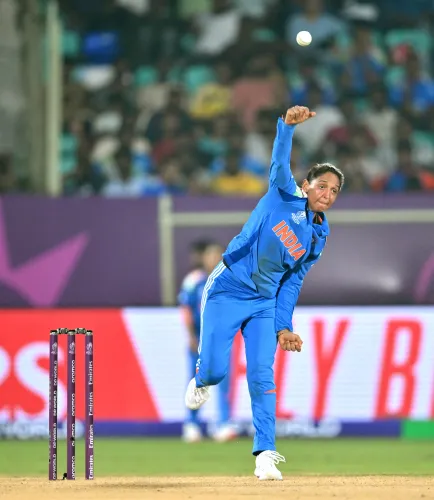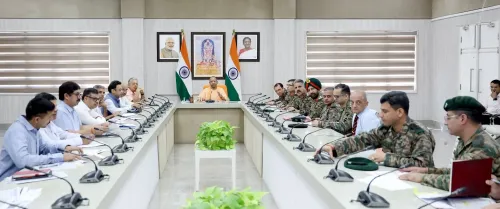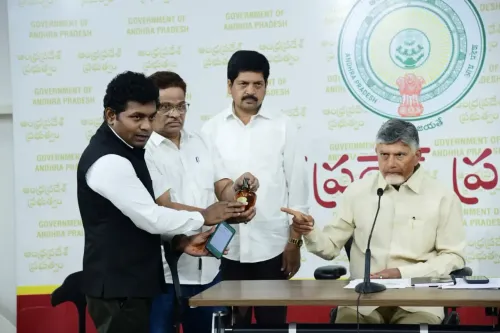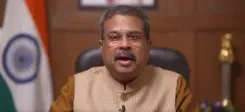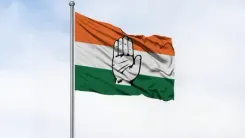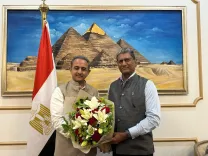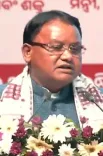Dr. Manmohan Singh: A Transformative Leader in India's Economic Landscape
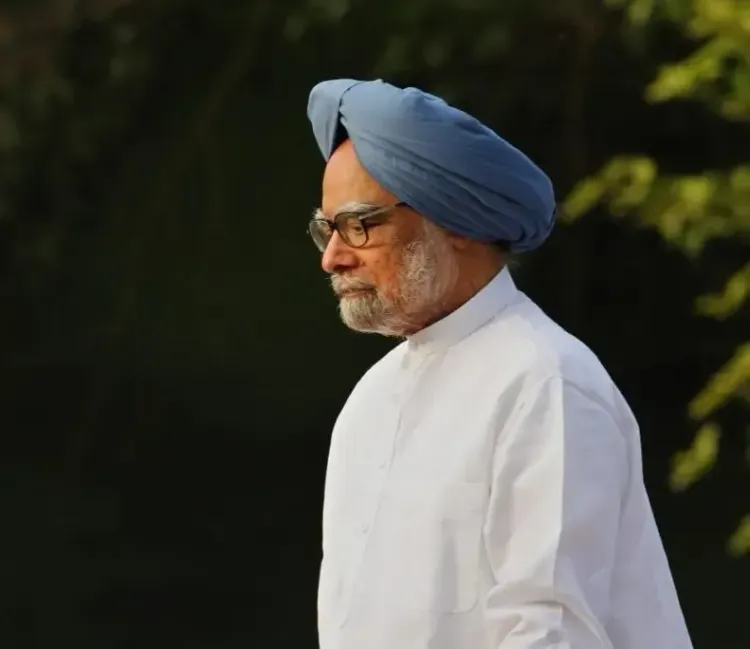
New Delhi, Dec 26 (NationPress) The former Prime Minister Dr. Manmohan Singh passed away at the age of 92 on Thursday, remembered as a visionary leader who played a pivotal role in reshaping the nation's economy during its challenging phases.
Born on September 26, 1932, in Gah, West Punjab (now part of Pakistan), Dr. Manmohan Singh was a distinguished economist and politician, making a lasting impact during his tenure as Prime Minister from 2004 to 2014.
As the first Sikh to serve as Prime Minister, Dr. Singh's leadership was instrumental in guiding India through a time of profound economic change.
His efforts were crucial in elevating India to the status of a major global economic player.
His academic credentials are impressive, beginning with a Bachelor of Arts and Master of Arts in Economics from Panjab University in the early 1950s.
He furthered his education at the University of Cambridge, where he earned a First Class Honours degree in Economics in 1957.
In 1962, he completed his D.Phil. at Nuffield College, Oxford. Dr. Singh's early career included roles as an educator at Punjab University, the Delhi School of Economics, and at the UN Conference on Trade and Development (UNCTAD).
His political career commenced in 1971 with his appointment as Economic Advisor in the Ministry of Commerce. He subsequently held key positions such as Chief Economic Advisor (CEA) and Secretary in the Ministry of Finance.
His term as Finance Minister from 1991 to 1996 was particularly significant, marking a turning point for India's economy.
Faced with an economic crisis, Singh's decisive reforms transformed the country's economic trajectory. He introduced vital liberalisation measures, devalued the rupee, lowered taxes, and encouraged foreign investment, stabilising the economy and laying the groundwork for future progress.
Following Congress' victory in the 2004 Lok Sabha elections, Congress leader Sonia Gandhi appointed Singh as Prime Minister, leading to substantial economic growth during his leadership.
His administration emphasized inclusive development, poverty reduction, and advancements in sectors such as education, food security, and employment, helping lift millions out of poverty.
Dr. Singh was re-elected in 2009, although his second term was fraught with challenges, including inflation, corruption scandals, and administrative criticisms. Nevertheless, his government continued to achieve notable advancements in economic and social policies, according to observers.
His Prime Ministership was characterized by numerous landmark reforms and initiatives.
His administration enacted laws ensuring citizens' rights to food, education, employment, and information. Under his leadership, India solidified its position as a significant player in the global economy, with reforms that facilitated swift growth.
In 1987, Singh was awarded the Padma Vibhushan, India's second-highest civilian honor, for his contributions to economic policy.
Despite facing scrutiny over corruption scandals like the 2G spectrum allocation controversy and the Commonwealth Games issues, Dr. Singh's time in office remains a pivotal chapter in Indian political history.

